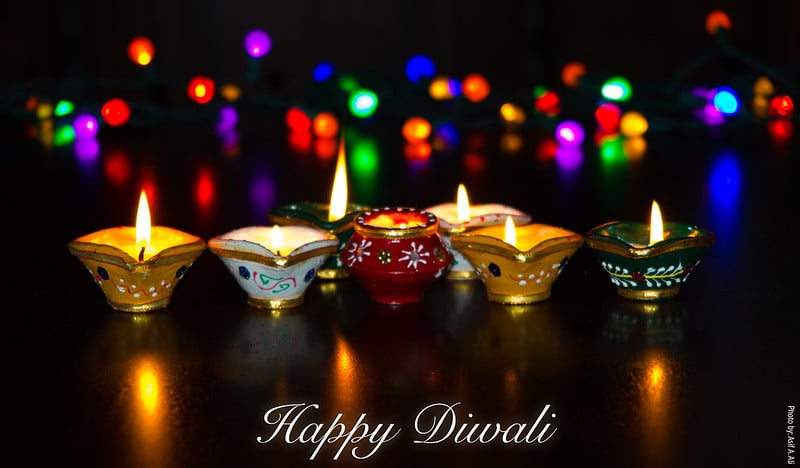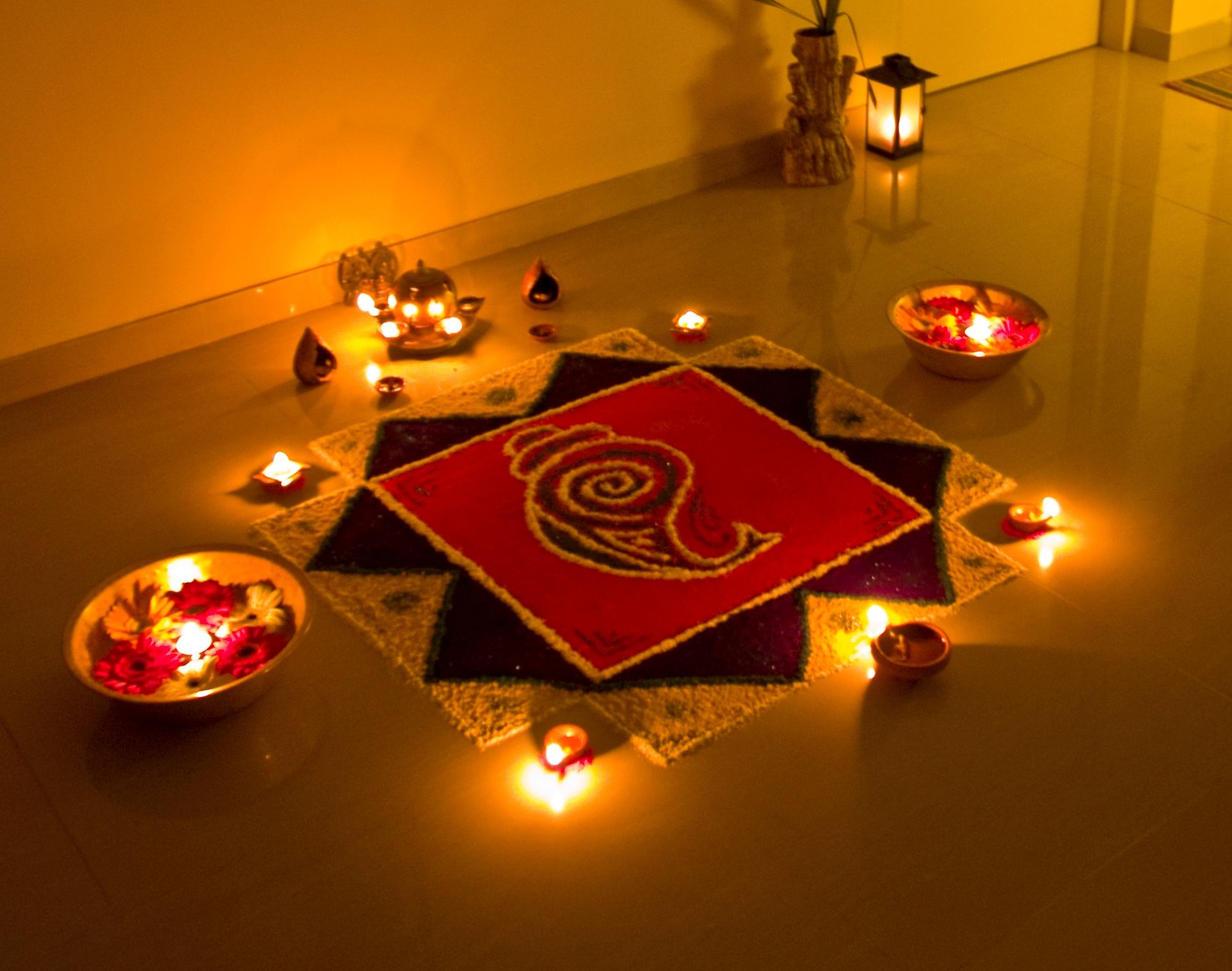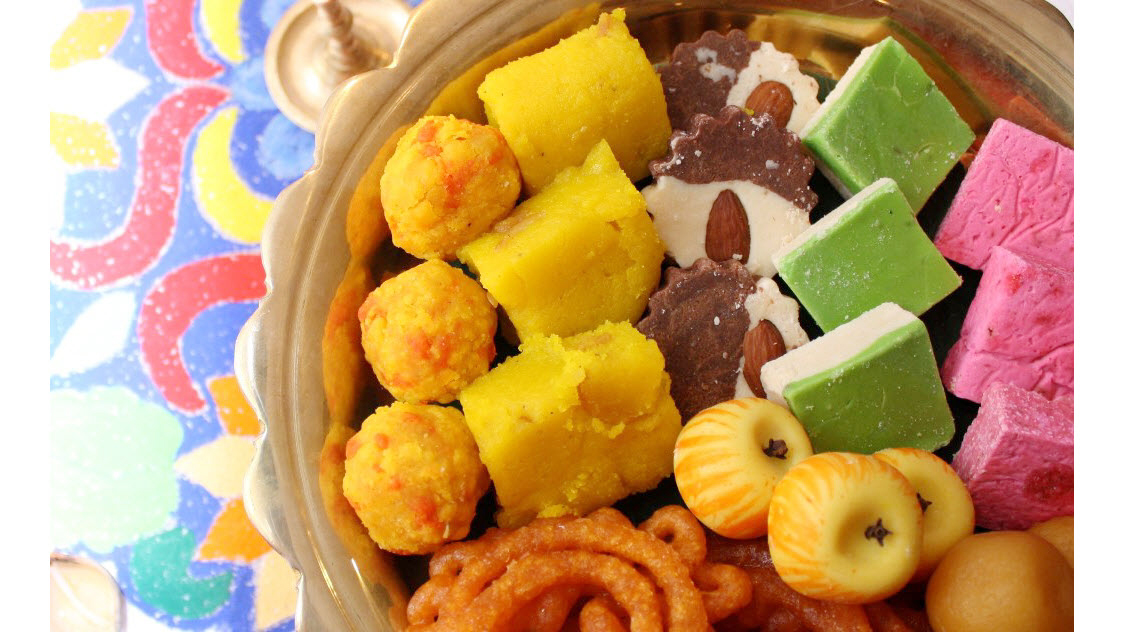
Few Indian festivals are as anticipated, or as widely celebrated, as Diwali. Also called Deepavali, or Festival of Lights, the five-day event, which starts on November 2, 2021, is observed by over a billion people worldwide. The ancient tradition dates back over 2,500 years and is one of the major holidays celebrated by Hindus, Jains, Sikhs, and some Buddhists.
The celebration begins with Dhanteras. Dedicated to Lakshmi and Kubera — the two deities of wealth — it is marked with prayers for the family's well-being and prosperity. Other customs include decorating home and business entrances with colorful designs, or rangolis, made using dyed rice, lentils, and flowers. Since making a purchase is considered auspicious, many people treat themselves to beautiful jewelry, clothing, or household goods on this day.

On the second day, known as Kali Chaudas or Narak Chaturdashi, some people use traditional rituals to rid homes and businesses of evil spirits. Others consider it "Choti (small) Diwali," and use it as an excuse to start the festivities early. Regardless of the beliefs, everyone looks forward to the climax of the five-day holiday — Diwali.
Diwali celebrations begin early with a visit to a place of worship, such as a temple. After that, families and friends get together to exchange gifts and sweets. Those not content with their purchases on Dhanteras spend the afternoon shopping. At sunset, festival observers worldwide light up their homes with glittering diyas (small oil lamps) and share a traditional feast with family and friends.
For Indian residents, the real excitement starts late in the evening when entire neighborhoods take to the streets to light up the skies with colorful fireworks. While the younger revelers seek out sparklers, teens and adults prefer to light up bigger illuminations. The spectacular show continues until every last firecracker has erupted.

Since Diwali is celebrated by such a diverse group of people, many folklores are associated with the ancient festival. Some believe that Diwali was first observed by residents of Ayodhya — the capital of the ancient Kosala Kingdom— to mark the return of King Rama, his wife Sita, and his brother Lakshmana, after a 14-year-long exile imposed by the king's mother. Others credit the celebration to the victory of the god Krishna over King Narakasura, whose association with a demon turned him evil. Though the tales vary, they all celebrate the victory of good over evil and light over darkness.
In the western state of Gujarat, Diwali marks the end of the calendar year. Since the Hindu calendar is based on shorter lunar cycles, on November 5, 2021, Gujaratis worldwide will usher in the year 2078. The fifth and final day of the festival honors the love between brothers and sisters and is marked with more delicious food and prayers.
For children in India, Diwali is similar to Christmas. In addition to a week off from school, they are also treated to gifts, new clothes, fantastic meals, and fireworks. It is no wonder that the festival ranks high among the country's favorite celebrations.
Happy Diwali!
Resources: Natgeo.com, CNN.com, MSN.com, Bhg.com
